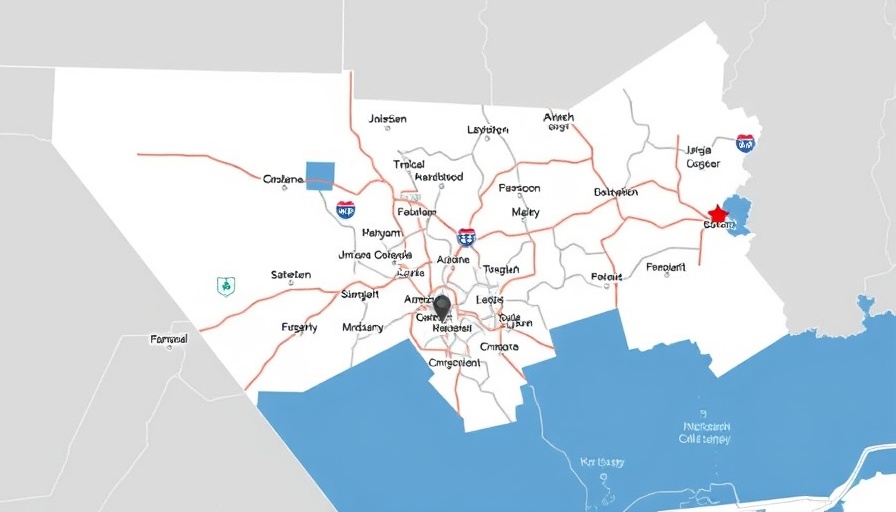
Exploring the Controversy: Tarrant County Redistricting
A lawsuit has emerged this week, challenging the newly drawn county commissioner precincts in Tarrant County. This legal action, led by a group of residents, accuses the county of adopting a map that intentionally discriminates against Black and Latino voters. The tension surrounding redistricting, particularly in a diverse area such as Tarrant County, raises critical questions about fairness and representation in local governance.
The Lawsuit’s Claims: Discrimination Allegations
Filed against County Judge Tim O'Hare and other commissioners, the suit claims that the new precinct map reflects a deliberate attempt to marginalize minority voters. The Republican majority in the commissioners court, which voted 3-2 to approve the changes, has firmly rejected assertions that race was a factor in their decision-making. However, the plaintiffs assert that the adopted lines violate both the Voting Rights Act and other constitutional protections.
Understanding the Role of the Commissioners Court
In Texas, the commissioners court is the governing body for each of the 254 counties, comprising a county judge and four elected commissioners. They handle a variety of local issues akin to a city council, overseeing essential services and administrative functions. Given their significant influence over local governance, how their precincts are drawn carries substantial weight, particularly in a highly competitive political landscape.
Community Impact: Why This Issue Matters
The implications of the lawsuit go beyond legalities; they weave deeply into the social fabric of Tarrant County. Homeowners and community members are concerned about how these redistricting actions may affect their representation in local government. Historically, redistricting has been a tool not just for representation but often for political advantage, which raises alarms about equitable governance in a region that has seen demographic shifts in recent years.
Future Considerations: What Lies Ahead
As the lawsuit unfolds, it is likely to draw significant attention, not only within Tarrant County but statewide and beyond. The outcomes could establish critical precedents regarding the drawing of district lines and minority representation in Texas. Activists and community leaders are watching closely, as the fight for fair representation continues amidst a politically polarized environment.
What You Can Do: Stay Informed and Engaged
Homeowners and residents in the Dallas Fort Worth area are encouraged to stay informed about the developments in this case, particularly as it relates to community representation. Engaging with local governance by attending public meetings or contacting officials can amplify voices within the community, ensuring diverse perspectives are considered in the political discourse. Understanding the implications of ongoing legal battles surrounding redistricting could shape local civic engagement for years to come.
As the discussions surrounding Tarrant County's redistricting unfold, staying engaged and informed will empower residents to advocate for a fairer and more inclusive political landscape.
 Add Row
Add Row  Add
Add 




 Add Row
Add Row  Add
Add 

Write A Comment